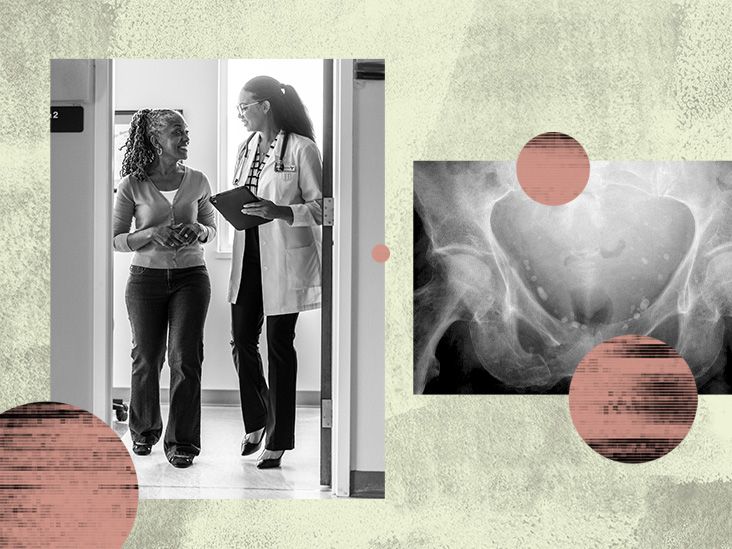The outlook for someone with PIK3CA-related overgrowth spectrum (PROS) depends on factors that vary from person to person. Early intervention and treatment can improve the outlook and prevent complications.
PIK3CA-related overgrowth spectrum (PROS) is a group of rare genetic conditions that result from mutations in the PIK3CA gene. This gene is responsible for the production of
Somatic (non-inherited) mutations in the PIK3CA gene that occur during fetal development can lead to unusual cell growth and proliferation in
Because PROS symptoms and their severity can vary widely, each person’s outlook can be different.
This article looks at frequently asked questions related to the outlook for people with PROS.
The outlook for PROS varies from person to person. PROS occurs across a spectrum of severity, and individual factors such as the type of PROS, the affected tissues and organs, the time of diagnosis, and the presence of complications all contribute to the overall outlook.
Some people who receive diagnoses of isolated, mild forms of PROS in childhood can live typical life spans. In some cases, symptoms that were initially progressive can lessen with age. However, not all mild cases stabilize.
For people who experience the following effects, PROS can cause significant long-term health concerns:
- systemic involvement
- brain enlargement
- mobility challenges
- cardiovascular complications
For example, PROS that leads to brain enlargement
Health experts consider PROS rare but do not know its exact incidence and prevalence rates. Many cases go undiagnosed, and healthcare professionals do not always conduct genetic testing to determine mutation variants.
PROS has more than 10 subtypes, each defined by the specific location of the mutation on the PIK3CA gene and which body tissues the condition affects.
About 80% of PIK3CA mutations in PROS occur at the E542, E545, and H1047 locations on the PIK3CA gene.
Several medications can treat complications of PROS. However, the Food and Drug Administration (FDA) has approved only one medication to directly target the hyperactivity of the PI3K enzyme and its pathways.
The FDA
Before the approval of alpelisib, doctors sometimes used other classes of medications off-label to treat PROS. “Off-label” use means that a doctor prescribes a drug for a different use than the FDA has approved it for.
For example, doctors once used
Other medications used in PROS therapy will depend on a person’s individual symptoms. For example, doctors may prescribe epilepsy drugs to manage seizures or may prescribe anti-inflammatory and pain medications to help manage discomfort.
PROS is a chronic (long-term) condition, but parents can help improve a child’s outlook and quality of life through timely treatment and effective symptom management.
Early intervention
Early detection and treatment can also help slow down abnormal tissue growth and may partially reverse it before it causes severe issues.
PROS is a category that includes more than 10 conditions related to mutations of the PIK3CA gene. In PROS, PIK3CA mutations affect the production of the PI3K enzyme, which plays an important role in cell growth and proliferation.
The outlook for PROS is different for each person. Some people experience mild tissue overgrowth in isolated areas of the body, while others experience more widespread overgrowth patterns that affect the brain and other organ systems.
Regardless of PROS type and severity, early detection and treatment can improve outcomes by addressing tissue overgrowth before it causes functional challenges.


